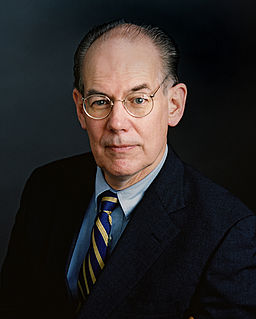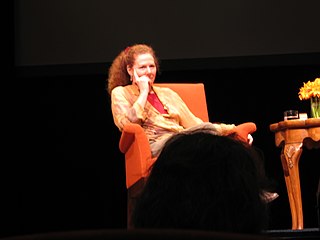A Quote by Brigitte Macron
I'm a creature of the eighteenth century at heart: The Enlightenment and the search for happiness suit me.
Quote Topics
Related Quotes
I have searched everywhere to find an answer to my question, 'Is there enlightenment?' but have never questioned the search itself. Because I have assumed that goal of enlightenment exists, I have had to search. It is the search itself which has been choking me and keeping me out of my natural state. There is no such thing as spiritual or psychological enlightenment because there is no such thing as spirit or psyche at all. I have been a damn fool all my life, searching for something which does not exist. My search is at an end.
What makes 'The Marriage of Souls' such a wonderful book is Collins's intricate reconstruction of the late eighteenth-century world. Simplicity and philosophy are the hallmarks of eighteenth-century art and architecture. The classically pure lines look deceptively simple and unburdened by heavy symbolism or imagery.
Whoever accepts the higher mission of art and comes nearer and nearer to it through his creative activity, will then go on from art to the Spirit deep within his own self... The philosophic search for enlightenment and the artist's search for perfection of work can meet and unite. Art can be a path to spiritual enlightenment but not to complete and lasting enlightenment. It can be born out of, and can give birth itself to, only Glimpses. For art is a search for beauty, which by itself is not enough. Beauty must be supported by virtue and both require wisdom to guide them.
I think I was born with a sense of instantaneous connection between the things I perceived in the world and my feelings about those things my character has served me well it has made me. well, an eighteenth -century man of letters, though one who happens to be female and lives in twentieth-century Berkeley.




































